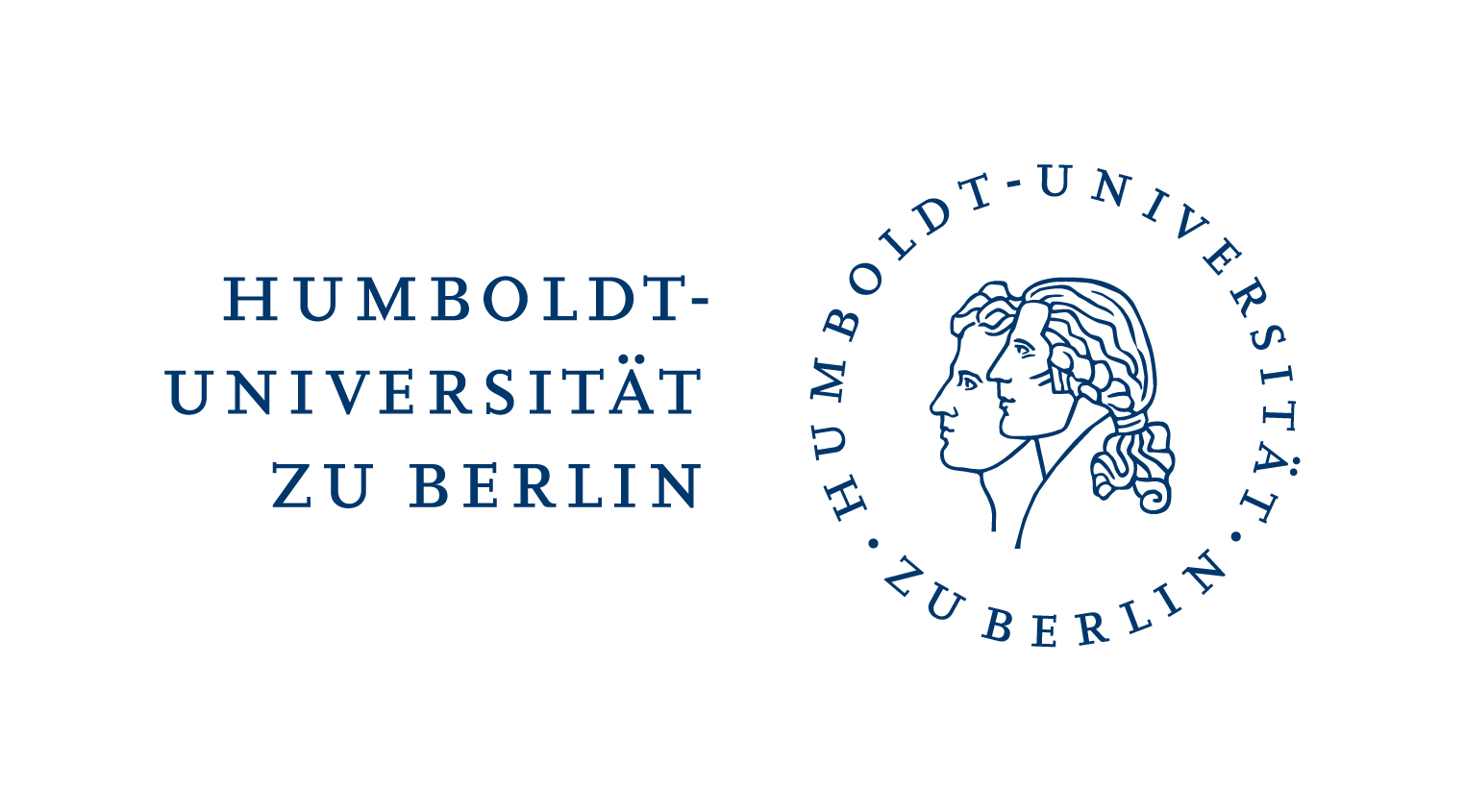Living Traditions
{{ time.start_TS | TS2dateFormat('MMM') }}
{{ time.start_TS | TS2dateFormat('YYYY') }}
| 8 EUR, reduced 4 EUR |
| English, German |
| Ground Floor, Hall 3 |
On this evening artists from four cultures will come together: The concert will commence with Korean musicians Soyoung Shin & Soyeon Shin who will present two versions of the Korean folk song “Arirang”, drawing a line to the current exhibition “Ari-Arirang”. This will be followed by songs by the Indian poet Rabindranath Tagore, performed by the singer Francesca Cassio who will be accompanied on the piano by ethnomusicologist Sydney Hutchinson. Tagore’s songs were translated and arranged by Alain Daniélou, founder of the “International Institute for Traditional Music” in Berlin. The third peformance will be contemporary Turkish music performed by Duo Core, followed by the ensemble ĀNGĀH presenting Radif repertoire from various centuries.
The concert is the closing event of the conference Cosmopolitan, International, Global: Music, Archives and Politics in East and West Berlin since 1963.
Participants
Violinist Soyoung Shin ( 신소영) attended Seoul Arts High School and studied with Professor Eduard Gratch at the Tchaikovsky Conservatory. In Germany, she studied with Professor Mark Gothoni at the Berlin University of the Arts. Shin has won numerous prizes and has performed as a soloist in Europe, Asia and the USA.
Soprano Soyeon Shin (신소연) completed her bachelor’s degree at Seoul National University. She was then selected as a Young Artist of Kumho Art Hall, where she organized a solo concert series. Shin then completed her Master’s degree in Opera and Lied at the Berlin University of the Arts with distinction and is currently a professional singer.
Francesca Cassio: voice
Sydney Hutchinson: piano
Professor of Music and the Sardarni Harbans Kaur Endowed Chair in Sikh Musicology at Hofstra University (NY), Francesca Cassio is an ethnomusicologist and singer who specializes in South Asian vocal music. She is a disciple of the world-renowned musicians Ustad Rahim Fahimuddin Khan Dagar, Pandit Ritwik Sanyal, Smt. Amelia Cuni, Dr. Girija Devi, and Bhai Baldeep Singh. Dr. Cassio authored a book on the medieval vocal tradition (dhrupad) of North India and has published several essays in edited volumes and academic journals. In 2022, she received the Distinguished Alumni Award from the Indian Council for Cultural Relations (ICCR) for her contribution to the study of Indian music. Dr. Cassio is an accomplished singer of the Dagar Bānī dhrupad and Gurbānī (Sikh) Kīrtan, and has lectured and performed in the USA, Canada, Europe, India, and Bangladesh.
Sydney Hutchinson holds a Ph.D in ethnomusicology from New York University, M.A. in ethnomusicology and folklore from Indiana University, and a Bachelor of Music in piano performance from the University of Arizona, where she focused on Latin American piano music under Professor Nohema Fernández. Since then, she has played piano with a variety of salsa bands and the musical theater activist group DREAM Freedom Revival. Her wide variety of choremusical interests also led her (among others) to study merengue típico accordion in the Dominican Republic with Rafaelito Román, Cuban traditional dance with the Conjunto Folklórico Nacional in Havana, and Bharatanatyam with Preeti Vasudevan, Pallavi Gupta, and Asha Gopal. Currently employed at the Institute for Musicology and Media Studies, Humboldt-Universität zu Berlin, she researches musical and choreographic exchanges between East Germany and Latin America in her DFG-funded “Second World Music” project, while also reconstructing and performing East German social dances and dance music with her “Sonic Circuit Collective.”
Zeynep Ayşe Hatipoğlu: Cello
Melis Çom: Harp
Rooted in Turkish music, Duo Core explores the present through their own compositions and improvisations.
Farhang Moshtagh: Kamancheh
Sepehr Lajevardi: Tar
The ensemble ĀNGĀH (Persian: آنگاه) plays Radif (Persian: ردیف), ancient melodic figures that have been passed down orally over many generations. Over time, each master has added his own interpretation to the tradition. The ensemble ĀNGĀH presents radif repertoire from several centuries.
Partners

